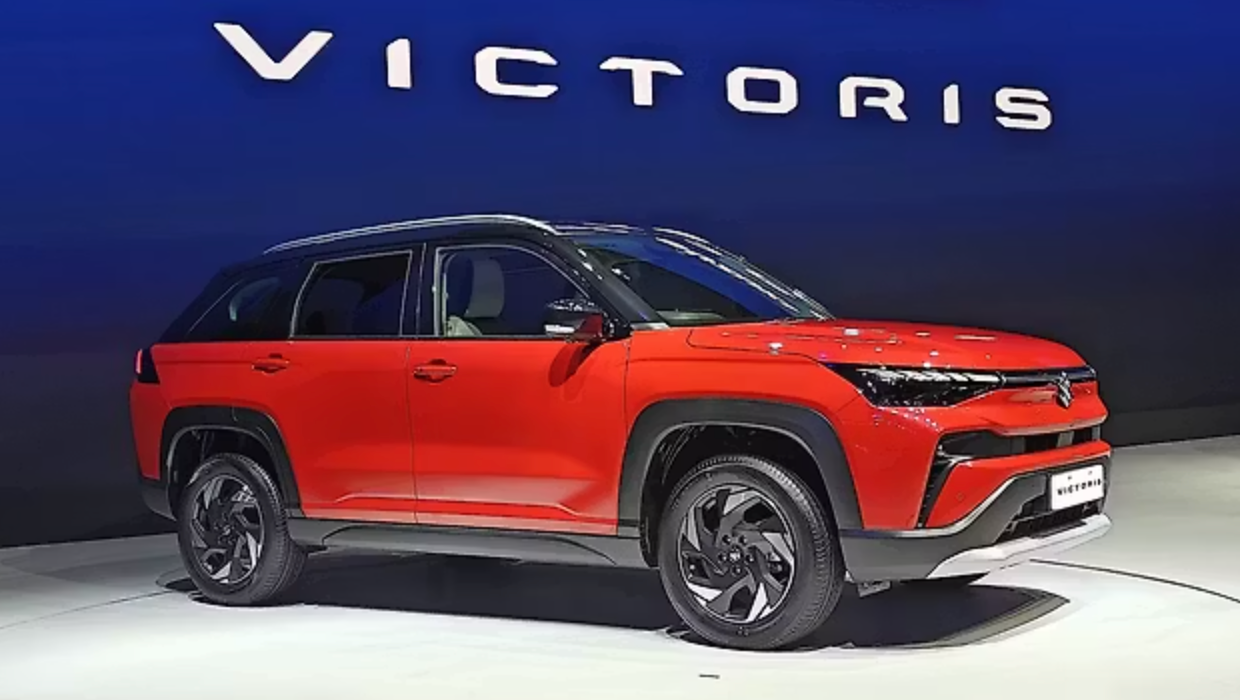The Indian car market witnessed a significant shift in the February 2024 sales landscape, with Tata Motors edging past its longstanding rival, Hyundai Motor India, in terms of domestic passenger vehicle (PV) volume. This marks the fourth time ever that Tata has overtaken Hyundai to secure the second spot on the brand-wise monthly sales chart, indicating a potential turning point in the dynamics of the Indian automotive industry.
A Close Race: Decoding the Numbers
Tata Motors Takes the Lead:
In February 2024, Tata Motors successfully sold 51,267 units, surpassing Hyundai’s domestic volume of 50,201 units by a narrow margin of approximately 1,000 units. This victory signifies a significant achievement for the Indian carmaker, historically positioned as the third-largest player in the domestic market.
Tata’s Year-on-Year Growth:
Adding to the significance of this feat is Tata’s impressive year-on-year (YoY) sales growth of nearly 20% in February 2024. This robust performance showcases the company’s strategic efforts to enhance its market presence and cater to the evolving needs of Indian consumers.
Hyundai’s Steady Performance:
While securing the second spot this month, Hyundai recorded a respectable YoY increase of almost 7% in February 2024. This indicates continued positive growth for the Korean carmaker in the Indian market, despite facing stiff competition from its domestic rivals.
The Rise of EVs:
A noteworthy aspect of Tata’s success lies in the substantial contribution of its electric vehicle (EV) range. The company sold nearly 7,000 electric vehicles in February 2024, registering a remarkable YoY growth of 30%. This surge in EV sales highlights the growing preference for sustainable mobility solutions amongst Indian consumers, a trend that Tata is effectively capitalizing on.
Understanding the Context: Factors at Play
Strengthening Brand Image:
Tata Motors has been consistently working towards strengthening its brand image and product portfolio in recent years. The launch of several successful models, such as the Nexon and Punch SUVs, coupled with a focus on innovation and design, has garnered significant traction amongst customers.
Focus on Localization:
In addition to product development, Tata Motors has also emphasized localization efforts, making its vehicles more cost-competitive in the Indian market. This strategic approach has enabled the company to offer attractive price points, appealing to a broader range of consumers.
Shifting Consumer Preferences:
The Indian car market is witnessing a paradigm shift in consumer preferences. Buyers are increasingly seeking feature-rich, fuel-efficient, and environment-friendly vehicles. Tata Motors, by focusing on these aspects, appears to be aligning itself well with these evolving trends.
The Road Ahead: Looking Forward
The February 2024 sales figures signal a potential change in the landscape of the Indian car market. While it’s too early to predict a permanent shift in market position, this development underscores the growing competitiveness of Indian carmakers like Tata Motors. Both Tata and Hyundai are expected to continue to innovate and adapt their strategies to maintain their positions in this dynamic market. Consumers can expect to benefit from this healthy competition, with access to a wider range of high-quality and feature-rich vehicles at competitive prices.
FAQs: Understanding the Tata-Hyundai Sales Phenomenon
Q: What factors contributed to Tata Motors’ success in February 2024 sales?
A: Several factors likely played a role, including a strong year-on-year sales growth, the success of their EV range, and a focus on product development and localization.
Q: Does this mark a permanent shift in market position for Tata and Hyundai?
A: While it’s too early to say definitively, this event highlights Tata’s growing competitiveness. Future performance will depend on how both companies adapt to market trends and consumer preferences.
Q: What are the implications of this development for Indian consumers?
A: Increased competition can benefit consumers by leading to a wider range of vehicle options at competitive prices, potentially with enhanced features and technologies.




